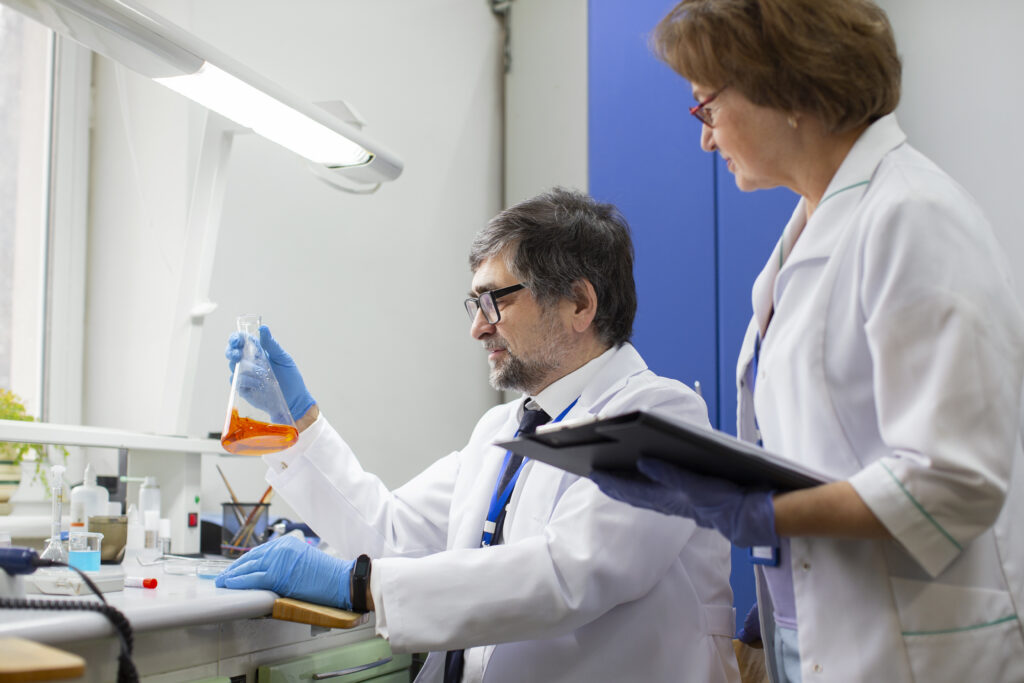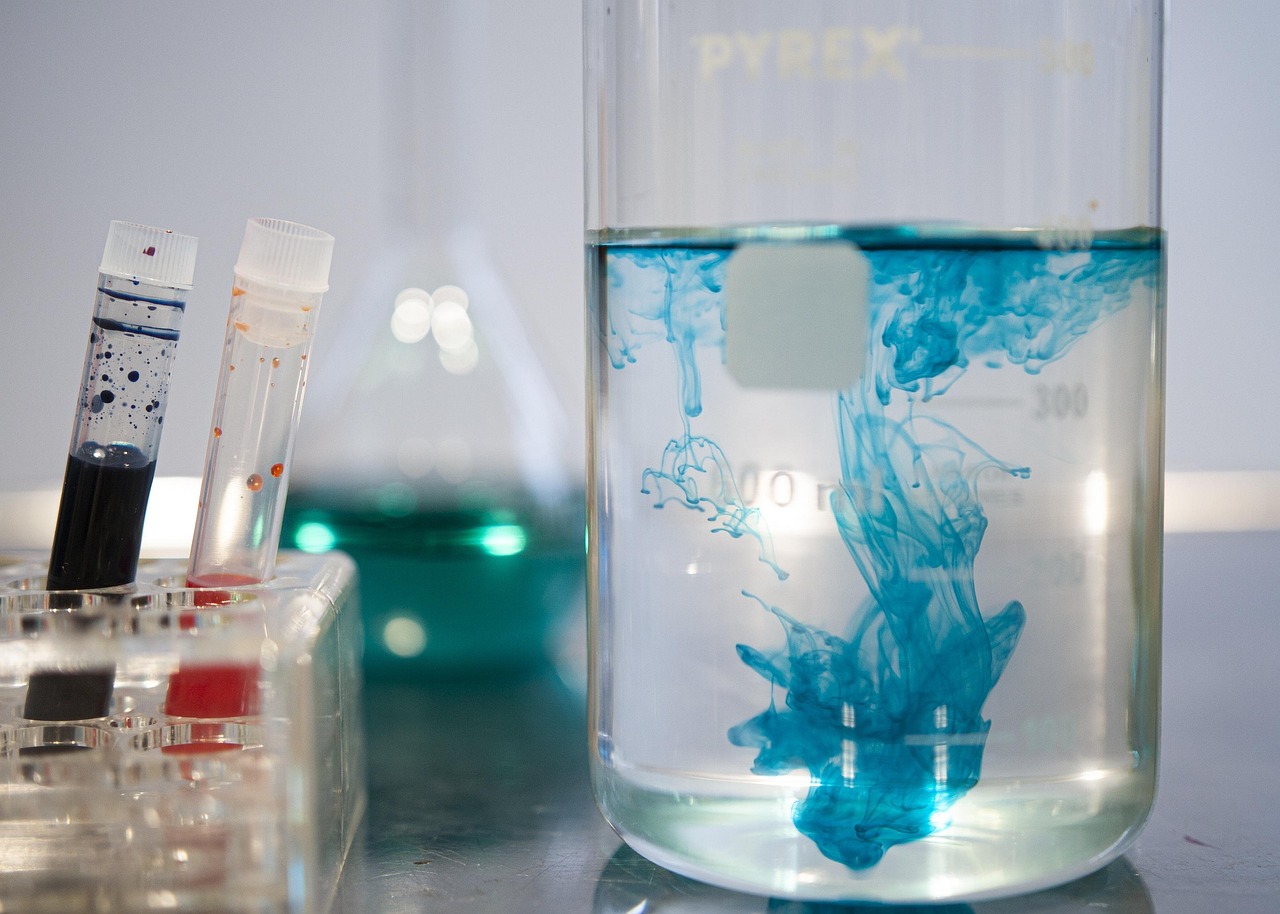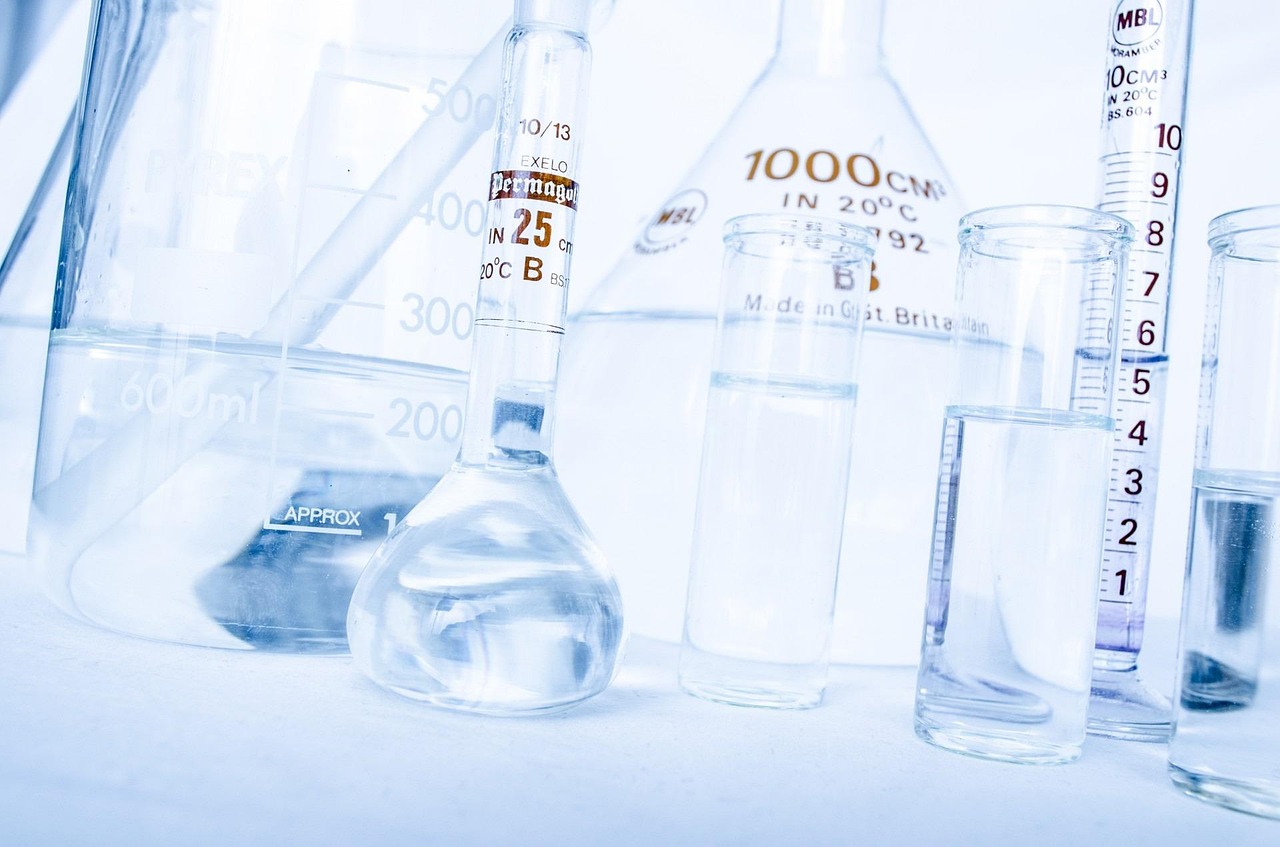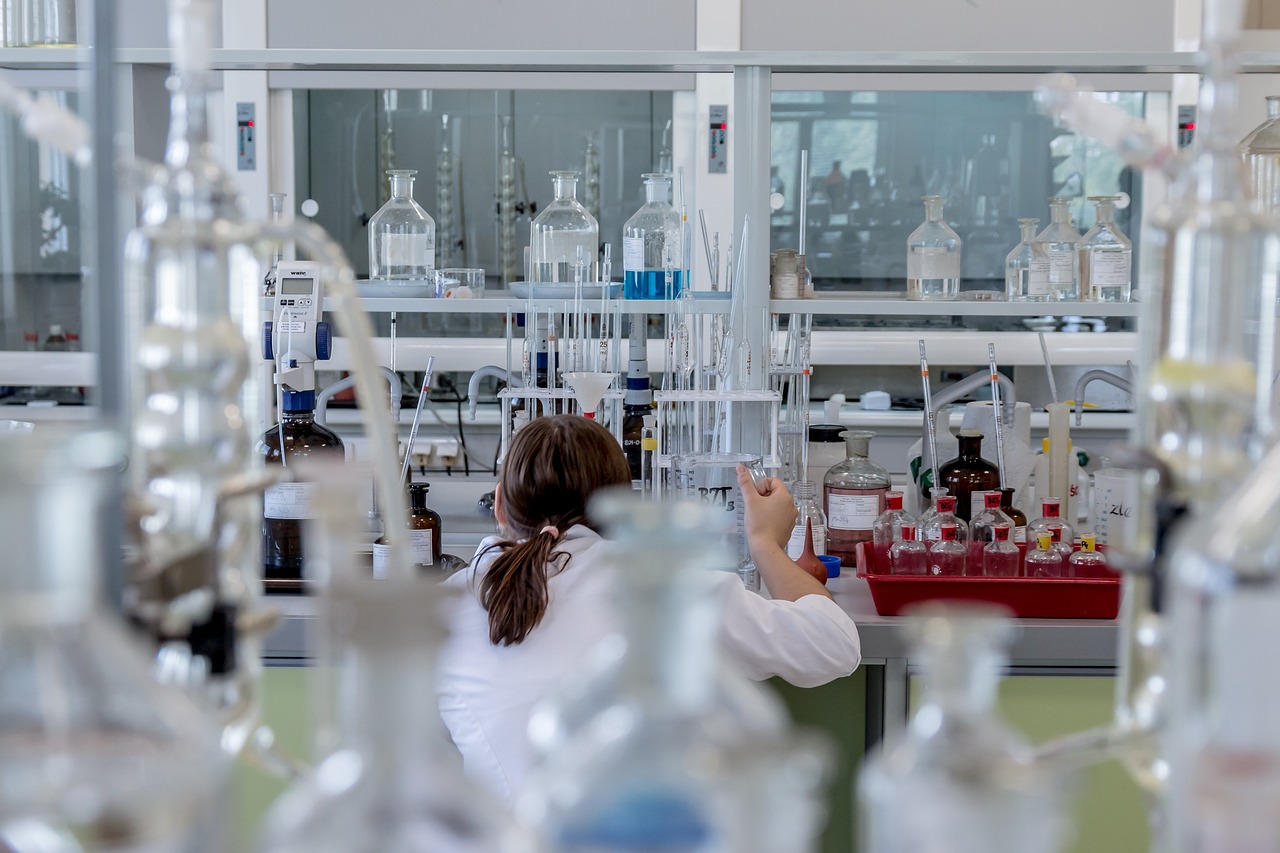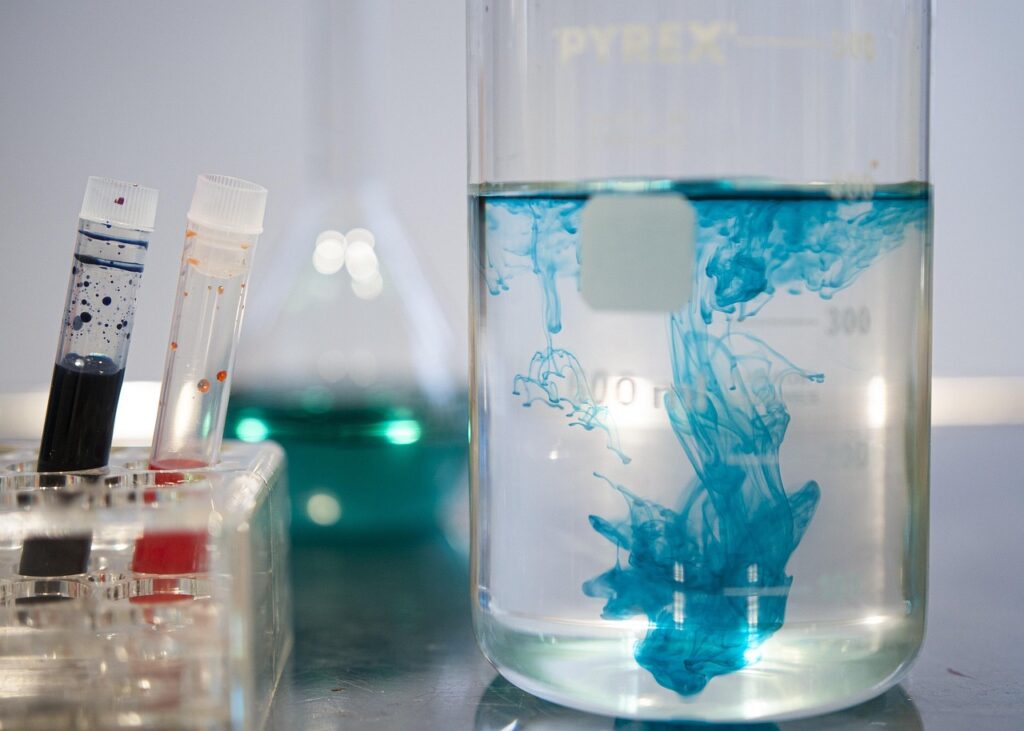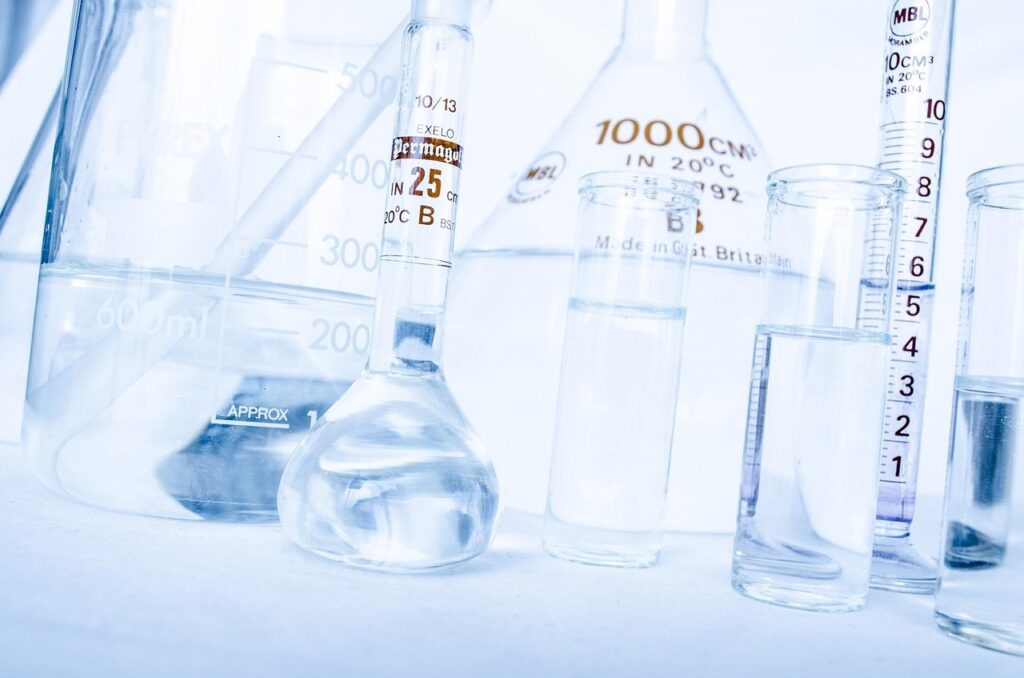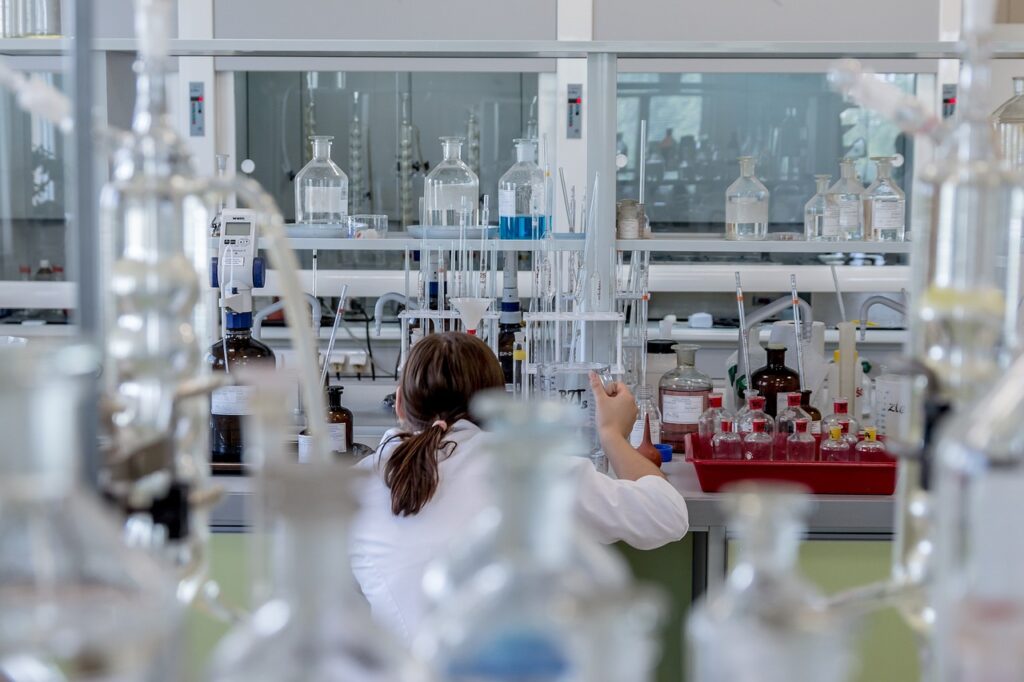Customers are more sensitive to the quality and safety of the food products they buy in today’s world of growing health consciousness. Making sure these products are safe has become crucial, whether they are fresh produce, packaged snacks, or drinks. Food product testing is essential in this situation. For good reason, the food sector is heavily regulated; protecting the public’s health depends on ensuring that food is free of pollutants, allergens, dangerous chemicals, and viruses. The importance of food product testing for consumer safety and its effects on the food business are examined in this blog.
What is Food Product Testing?
Fundamentally, food product testing involves examining food products to make sure they adhere to safety, quality, and labeling regulations. To find dangerous materials, impurities, or differences in the food’s nutritional value, a number of scientific tests and analyses are used. Microbiological testing, chemical testing, allergy identification, nutritional analysis, and shelf-life assessment are just a few of the many characteristics that are covered by these tests. The outcomes of these tests guarantee that the food that consumers purchase is appropriately labeled, safe to consume, and devoid of dangerous additives.
Why is Food Product Testing Necessary?
Several hazards related to the manufacture, processing, and storage of food make food product testing necessary. If not identified promptly, contaminants—physical, chemical, or biological—can present major health problems. For instance, foodborne diseases caused by bacterial pathogens like Salmonella, E. coli, and Listeria can occasionally have serious or even fatal consequences. Over time, chemical pollutants such as heavy metals or pesticide residues can build up in food and present long-term health hazards.
Furthermore, food product testing is essential to guaranteeing that the nutritional data listed on product labels is accurate. Customers, particularly those with particular nutritional requirements or dietary restrictions, depend on this information to make educated food decisions. Additionally, testing confirms that food products are free of allergens, which is crucial for people with food allergies because even minute levels of an allergen can cause fatal reactions.
Ensuring Compliance with Food Safety Regulations
The food industry operates under strict regulations set by governmental and international bodies, such as the Food and Drug Administration (FDA) in the United States, the Food Safety and Standards Authority of India (FSSAI), and the European Food Safety Authority (EFSA). These regulations mandate that food manufacturers perform regular Food Product Testing to ensure that their products meet safety standards before they reach consumers.
Failure to comply with these regulations can result in severe penalties, product recalls, and significant damage to a brand’s reputation. Food manufacturers must maintain high standards of quality and safety to avoid contamination and ensure their products are safe for consumption. Through Food Product Testing, companies can identify potential risks early in the production process and take corrective action before the product hits the market.
Types of Food Product Testing
Several types of Food Products Testing are commonly used to ensure the safety and quality of food products:
Testing for dangerous bacteria, yeasts, molds, and viruses that might result in foodborne illnesses is known as microbiological testing. Microbiological tests are used to identify common infections such as Salmonella, Listeria, and E. Coli, guaranteeing that the product is safe to eat.
Chemical Testing: Toxins, heavy metals (such as lead and mercury), pesticide residues, and other chemical pollutants are checked for in food products. Testing of this kind guarantees that the chemical content is within allowable bounds.
Allergen Testing: This process makes sure that food items are free of common allergens like soy, dairy, gluten, and peanuts. It’s especially crucial for goods that bear the designation “allergen-free.”
Nutritional Analysis: Nutritional testing confirms that the data on the product label—such as calories, protein, fat, vitamins, etc.—is correct and compliant with all applicable regulations.
Protecting Public Health
The most critical role of Food Product Testing is the protection of public health. Foodborne illnesses remain a significant concern worldwide, with millions of people affected each year. The ability to detect pathogens and contaminants before food reaches the consumer is crucial in preventing outbreaks and ensuring food safety.
For example, contaminated food products can cause severe health issues, including gastrointestinal diseases, neurological damage, kidney failure, and in extreme cases, death. By implementing comprehensive Food Product Testing, food manufacturers can minimize the risk of these health hazards and ensure that only safe products are available for consumption.
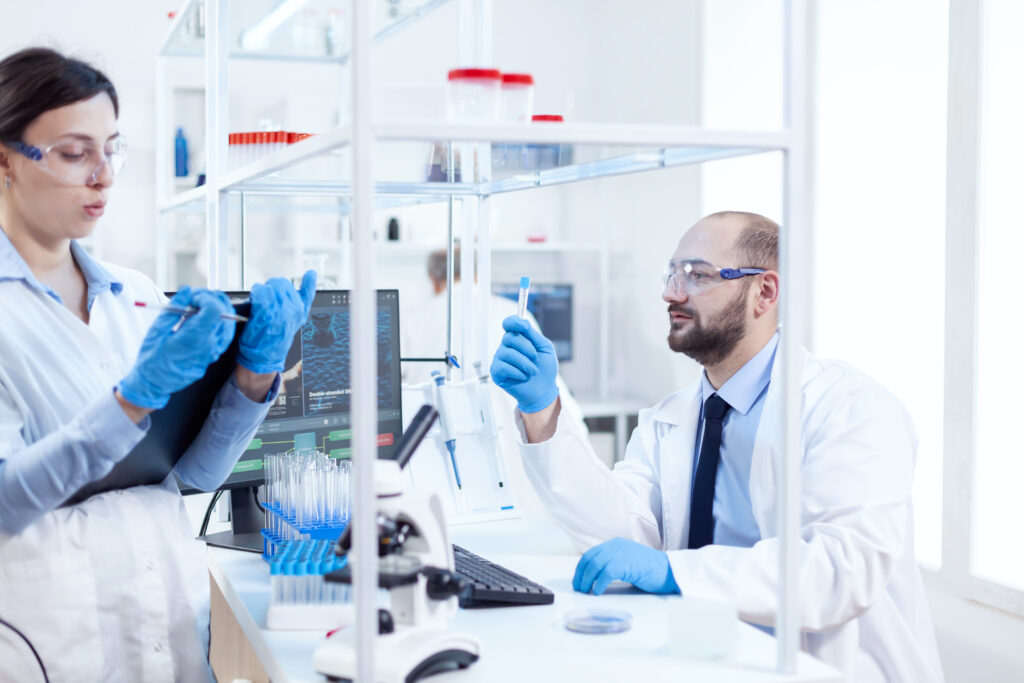
Furthermore, food product testing helps detect potential allergens, which is vital for individuals with food allergies. The accurate identification and labeling of allergens in food products can prevent severe allergic reactions, saving lives and improving the quality of life for many consumers.
Building Consumer Trust and Confidence
Food product testing is essential to fostering consumer and brand trust at a time when customers want accountability and openness. Food makers show their commitment to consumer well-being when they follow safety regulations and do thorough testing. Consequently, this strengthens brand reputation and cultivates consumer loyalty.
On the other hand, recalls and controversies involving food safety can severely damage customer trust. Numerous high-profile instances of tainted food items in recent years have resulted in extensive product recalls, monetary losses, and a long-lasting bad reputation for the participating firms. By detecting problems early and taking action before they become serious, routine food product testing helps to prevent such situations.
Supporting Sustainability and Innovation
Sustainability is an increasingly important consideration in the food industry. Food Product Testing can contribute to sustainability efforts by ensuring that food products are safe and sustainable. For example, testing can confirm that products labeled as organic, GMO-free, or sustainably sourced meet the necessary criteria, providing consumers with confidence in the products they choose.
Additionally, as new food products and technologies emerge, testing plays a critical role in ensuring the safety of innovative food items, such as plant-based alternatives, cultured meats, and new food packaging materials. By maintaining high standards of Food Product Testing, companies can innovate safely while keeping consumer protection at the forefront.
Conclusion
Food safety and consumer protection depend heavily on food product testing. It guarantees that the food we eat is safe for people with allergies or dietary needs, free of dangerous contaminants, and appropriately labeled. Food makers can prevent expensive recalls and legal repercussions, preserve consumer trust, and safeguard public health by following regulatory guidelines and carrying out thorough testing.
Food product testing has a bright future thanks to technological improvements that make testing faster and more precise. Maintaining strict safety standards through testing will become even more crucial as the food business develops, guaranteeing that customers can enjoy the items they buy with confidence.

